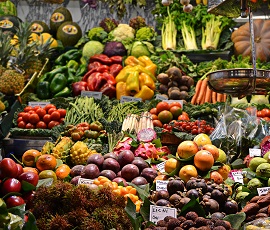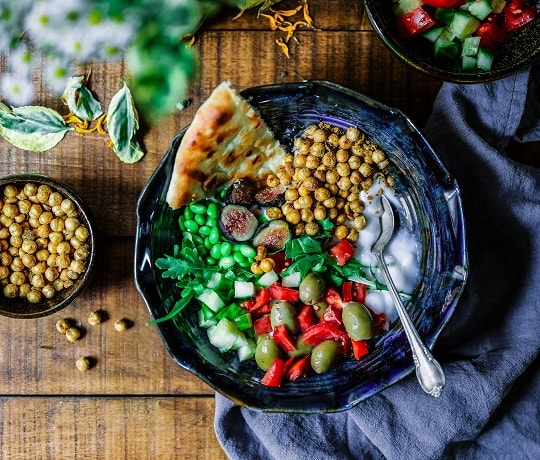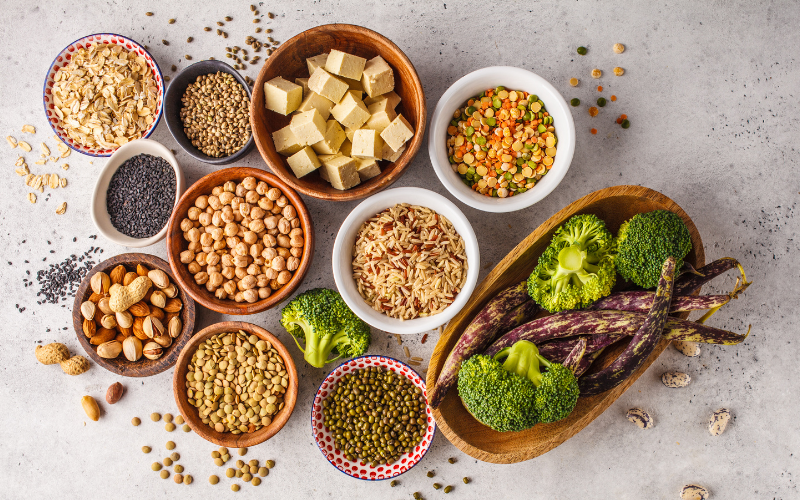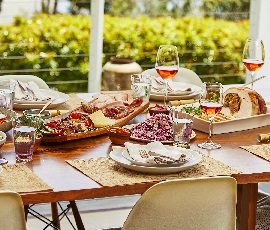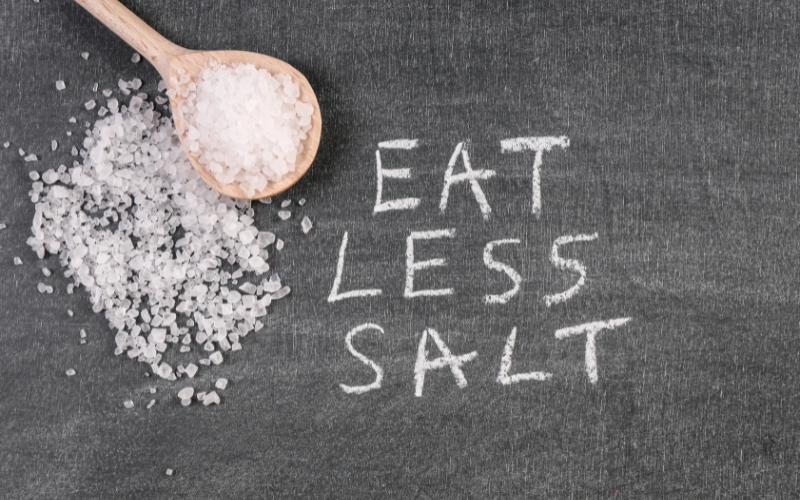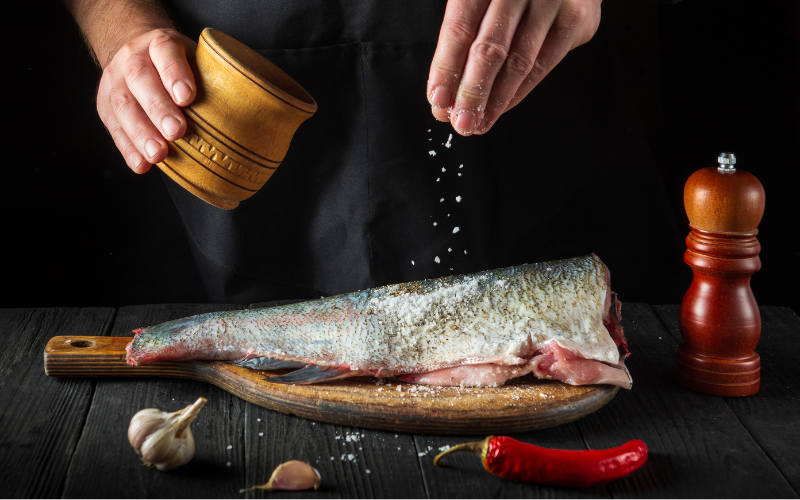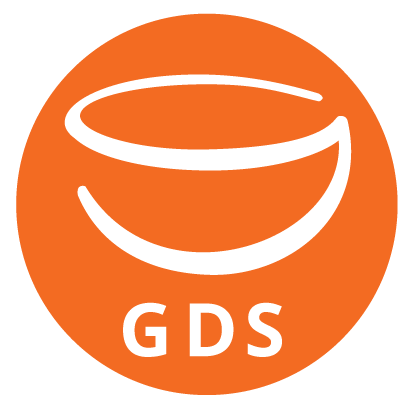Dr. Joanna McMillan: Are you a flexitarian dieter?

Flexitarian is the new buzz word when it comes to how to eat. If you haven’t heard of it yet you will now, you might even be on one without knowing it!
The word basically means flexible vegetarian. The true vegetarians amongst you might find that odd – you either are or you aren’t – but with my nutrition hat on I think it’s generally a good thing.
It encourages those of us who choose to eat animal foods, especially meat, to opt for a few more vegetarian meals in our week and give a serious boost to our plant food intake.
Why do the flexitarian thing?
Although it may sometimes appear that nutrition is confusing with lots of conflicting theories, we really do understand the fundamentals of how to feed the human race. Nutrition scientists may be sorting the details, but pretty much everyone unanimously agrees that eating more plant food is key.
Why is more plant food good for us?
Plant foods – so we’re talking vegetables, fruit, nuts, seeds, wholegrains, legumes and so on – are rich in nutrients and chemicals that play various protective and anti-inflammatory roles in the body.
They also provide fibre, particularly fermentable fibres that fuel a diverse and healthy microbiome. That’s the community of bacteria and other microorganisms that live within the gut and play a starring role in our physical and mental health.
Eating more plant food and less animal food is also good for our planet. As populations increase, we need to find ways to feed us all effectively and in an environmentally friendly way. Although there are areas of land here in Australia that are better suited to animal farming, so you don’t have to give up meat entirely (and those farmers will be most grateful), in general environmentalists agree that eating more plants and less meat is a good thing.
Are there are downsides to being a flexitarian?
As with any dietary approach you have a healthy version and a decidedly unhealthy version. Choosing to eat lots of highly processed vegetarian food is not the way forward. Whether you align with being a carnivore, a vegan, a vegetarian or a flexitarian, eating lots of junk food and not enough whole plant food, especially veggies, does not amount to better health.
Making the basis of your diet foods in their whole form or only minimally processed is your key to success.
How do I do it?
Movements such as Meatless Mondays have helped to push the idea of flexitarian dieting. Choose at least one night in the week where you opt for a vegetarian dinner. Then you may like to add the occasional lunch and for many of you, breakfast will already be vegetarian.
Dietlicious can help you to achieve this as they offer a fabulous array of over 45 vegetarian options. You can use the handy filter to see this and then add however many of these meals you like into your weekly plan.
How about an Eggplant Parmigiana with Couscous Or Mexican Jumping Beans with Vege Couscous?
If you are inexperienced with vegetarian cooking, these home-delivered meals are a great way to get you started. They’ll prove to even the heartiest of meat eaters that plant-based meals can be just as delicious and satisfying.
How about giving flexitarian dieting a go?

